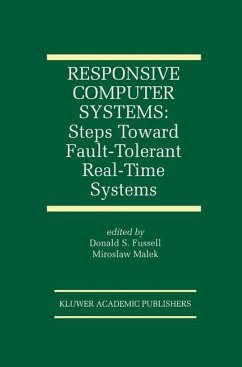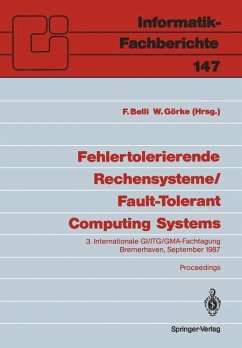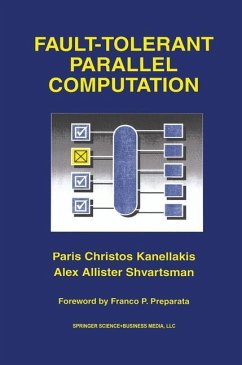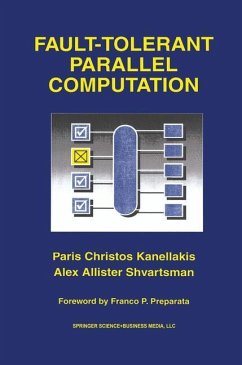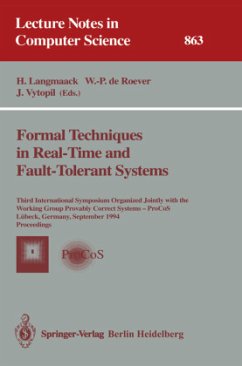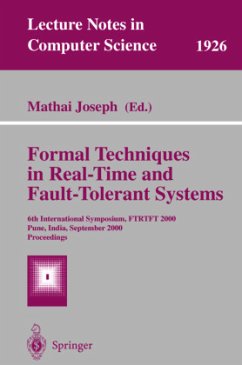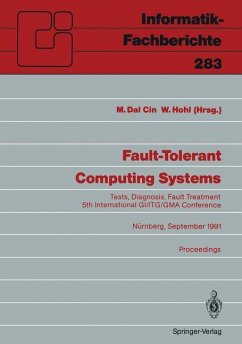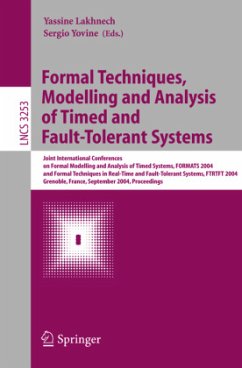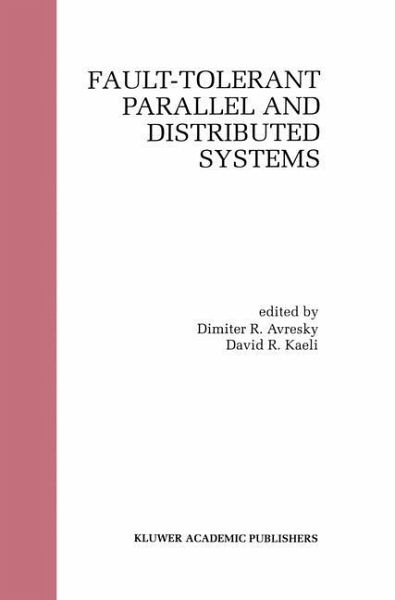
Fault-Tolerant Parallel and Distributed Systems

PAYBACK Punkte
57 °P sammeln!
The most important use of computing in the future will be in the context of the global "digital convergence" where everything becomes digital and every thing is inter-networked. The application will be dominated by storage, search, retrieval, analysis, exchange and updating of information in a wide variety of forms. Heavy demands will be placed on systems by many simultaneous re quests. And, fundamentally, all this shall be delivered at much higher levels of dependability, integrity and security. Increasingly, large parallel computing systems and networks are providing unique challenges to ind...
The most important use of computing in the future will be in the context of the global "digital convergence" where everything becomes digital and every thing is inter-networked. The application will be dominated by storage, search, retrieval, analysis, exchange and updating of information in a wide variety of forms. Heavy demands will be placed on systems by many simultaneous re quests. And, fundamentally, all this shall be delivered at much higher levels of dependability, integrity and security. Increasingly, large parallel computing systems and networks are providing unique challenges to industry and academia in dependable computing, espe cially because of the higher failure rates intrinsic to these systems. The chal lenge in the last part of this decade is to build a systems that is both inexpensive and highly available. A machine cluster built of commodity hardware parts, with each node run ning an OS instance and a set of applications extended to be fault resilient can satisfy the new stringent high-availability requirements. The focus of this book is to present recent techniques and methods for im plementing fault-tolerant parallel and distributed computing systems. Section I, Fault-Tolerant Protocols, considers basic techniques for achieving fault-tolerance in communication protocols for distributed systems, including synchronous and asynchronous group communication, static total causal order ing protocols, and fail-aware datagram service that supports communications by time.





